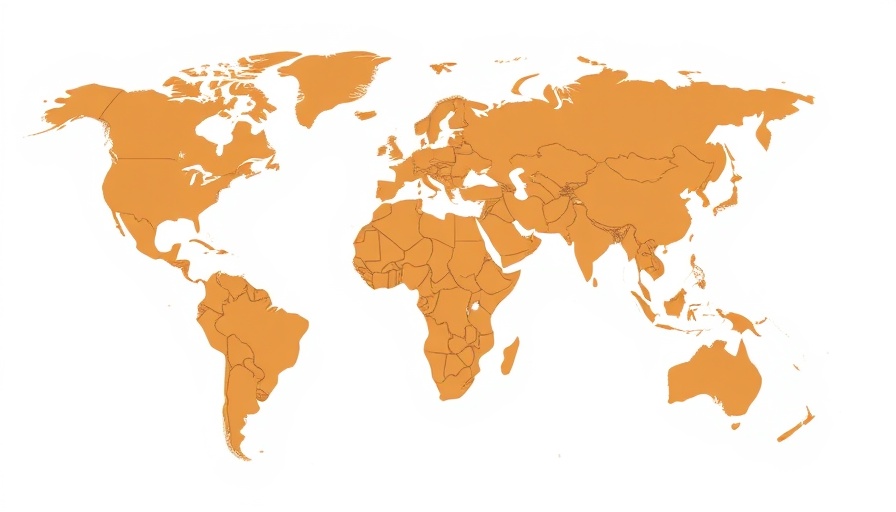
Understanding the Role of TAG-ADE in Global Health
The Technical Advisory Group on Alcohol and Drug Epidemiology (TAG-ADE) plays a crucial role in shaping our understanding of alcohol and drug use and related health outcomes. Established to provide expert technical guidance to the World Health Organization (WHO), TAG-ADE aims to enhance the accuracy of WHO’s estimates concerning alcohol and drug consumption worldwide. By providing recommendations on indicators and data collection methods, the group works to support the development of effective prevention and treatment strategies for substance use disorders.
Why Is TAG-ADE's Work Important?
As we look towards a healthier future, the need for reliable data on alcohol and drug use has never been more pressing. Continued global health crises, such as the opioid epidemic and rising alcohol consumption, have highlighted the critical need for informed decision-making in public health. TAG-ADE's work is especially vital in developing a more nuanced understanding of how substance use impacts various populations, enabling targeted interventions that cater to specific community needs.
What’s New? TAG-ADE Meeting Set for July 2025
The upcoming TAG-ADE meeting in July 2025 marks the start of a new term dedicated to fleshing out critical initiatives in substance use epidemiology. During this meeting, the group will evaluate updated comparative risk assessment methodologies for alcohol and drug use. This innovative approach is aimed at improving the accuracy and comparability of global estimates regarding the burden of substance use. Recently, there has been increasing interest in including conditions like early-onset dementia in these assessments—a testament to the diversity and complexity of issues surrounding substance use.
How TAG-ADE Influences Global Health Decisions
Technical feedback provided by TAG-ADE can steer WHO’s approach to reporting the ramifications of alcohol and drug use. For instance, their insights will play a pivotal role in shaping the WHO's forthcoming reports and data tools, ultimately informing health policies worldwide. Engaging in a global dialogue about substance use is critical, especially as we seek to build accountable and environmentally sustainable health practices.
The Importance of Public Awareness and Involvement
While TAG-ADE operates at a technical level, the implications of its work extend to everyday life. For men and women aged 29-79, staying informed about substance use and its impacts can contribute to healthier lifestyle choices. By understanding the statistics and expert recommendations provided by groups like TAG-ADE, individuals can actively participate in the global health conversation, advocating for healthier communities.
Inspiration for Change: Personal Anecdotes
Many of us have witnessed the personal toll that substance use can take, whether on friends, family members, or ourselves. It’s important to hear stories that illustrate the human side of these statistics. Real-life encounters and testimonials from those who have navigated the complexities of substance use can provide hope and motivate individuals towards healthier living. By sharing these narratives, we recognize both the struggles and the resilience of people affected by drug and alcohol issues.
Looking Ahead: Opportunities for Collaboration
As TAG-ADE sets its new course, it opens up avenues for collaborative efforts among various stakeholders, including policymakers, health practitioners, and community organizations. Efforts to improve the understanding of substance use can lead to innovative policies that address these ongoing health crises effectively. For those keen to engage with these topics, there are ample opportunities to make a difference by supporting local initiatives aimed at combatting substance use and promoting healthy living.
Take Action: Be Part of the Solution
As we unveil more discussions surrounding the roles of organizations like TAG-ADE in public health, it's crucial to stay engaged. Whether by educating oneself about the latest findings, advocating for responsible practices in communities, or participating in health initiatives, every action counts. Let’s commit ourselves to being informed citizens who prioritize health choices for ourselves and future generations!
 Add Row
Add Row  Add
Add 




 Add Row
Add Row  Add
Add 

Write A Comment